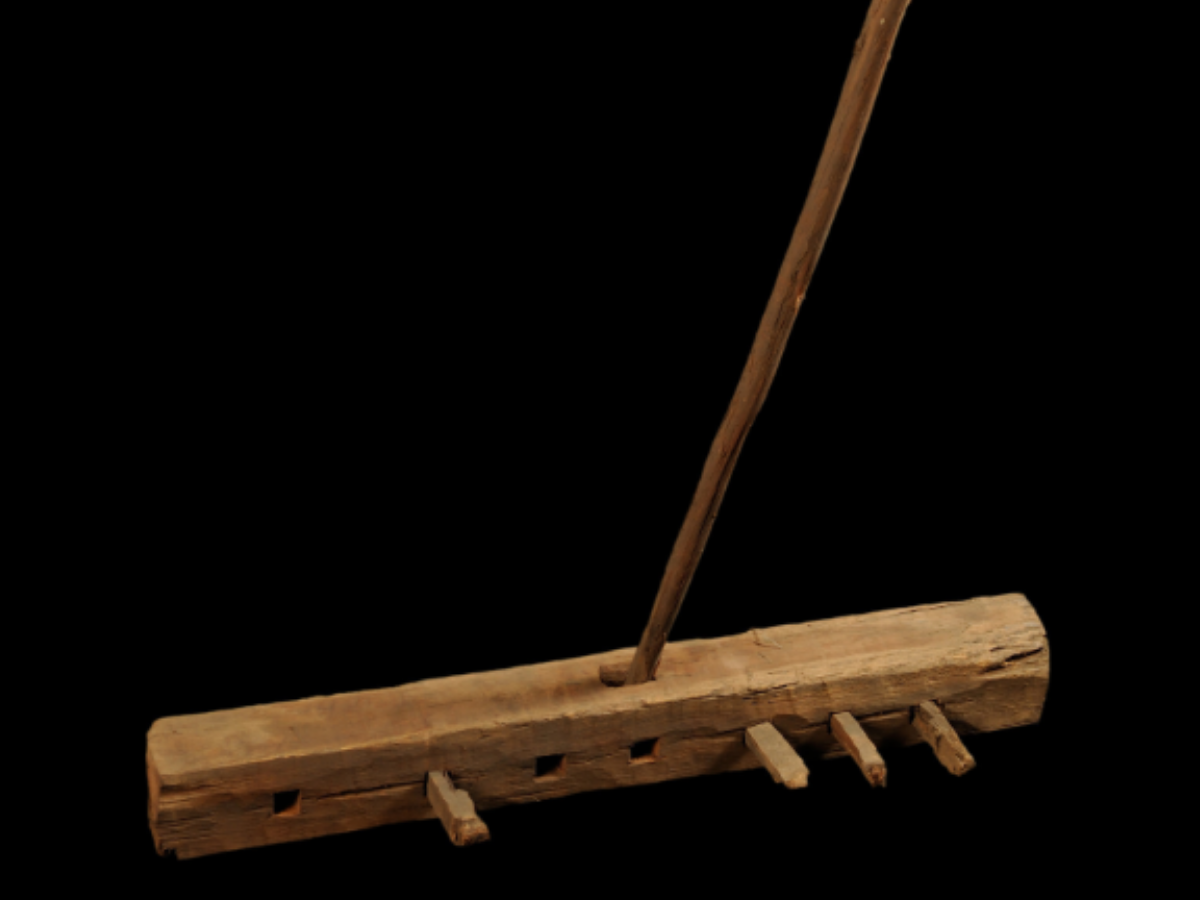State
Tribe Name
Art Type
short description
The Bida, a wooden sculpture held sacred by the Khonds tribe, is especially revered among the Rake Khonds, an aboriginal people of the states of Odisha, Andhra Pradesh, and Chhattisgarh. The Khonds-A people who practice animism and worship nature-have an essential place for the Bida in their religious and social ceremonies (Elwin 1950). Generally speaking, the Bida is a wooden carving depicting some deity or ancestor. These are carved from wood available locally by trained tribal artisans; flowers, turmeric, and vermilion all adorn the idol (Mohanty 2012). The Rake Khonds deem the Bida to have powers of protection and fertility, thereby contributing substantially to rituals related to agriculture, health, and prosperity (Pattnaik 2018). This wooden sculpture plays a vital role in the Meriah sacrifice but along with changing times it has given rise to some new practices wherein symbolic offerings are made rather than actual (Nayak 2015). Traditionally, the Bida is housed in Khond homes or village shrines for the blessing of deities. The elders of the tribe then carry out rituals in front of it whereby prayers and chants are offered for a good harvest and protection from evil spirits (Behera 2020). In spite of modernization, the Khonds have preserved their spiritual heritage and are keeping their traditions evolving with the times, whereby the Bida is still common as a cultural symbol. Bida of the Rake Khonds embodies not merely religious devotion but also deep-seated nature-related traditions and knowledge of the tribe.
Thumbnail

Filter Postion
Left
Filter Background
Off
Theme
Filter Header Image

content
Image

description
The Bida, a wooden sculpture held sacred by the Khonds tribe, is especially revered among the Rake Khonds, an aboriginal people of the states of Odisha, Andhra Pradesh, and Chhattisgarh. The Khonds-A people who practice animism and worship nature-have an essential place for the Bida in their religious and social ceremonies (Elwin 1950). Generally speaking, the Bida is a wooden carving depicting some deity or ancestor. These are carved from wood available locally by trained tribal artisans; flowers, turmeric, and vermilion all adorn the idol (Mohanty 2012). The Rake Khonds deem the Bida to have powers of protection and fertility, thereby contributing substantially to rituals related to agriculture, health, and prosperity (Pattnaik 2018). This wooden sculpture plays a vital role in the Meriah sacrifice but along with changing times it has given rise to some new practices wherein symbolic offerings are made rather than actual (Nayak 2015). Traditionally, the Bida is housed in Khond homes or village shrines for the blessing of deities. The elders of the tribe then carry out rituals in front of it whereby prayers and chants are offered for a good harvest and protection from evil spirits (Behera 2020). In spite of modernization, the Khonds have preserved their spiritual heritage and are keeping their traditions evolving with the times, whereby the Bida is still common as a cultural symbol. Bida of the Rake Khonds embodies not merely religious devotion but also deep-seated nature-related traditions and knowledge of the tribe.
Image Mode
landscape
promoted
On
Verified
Off
